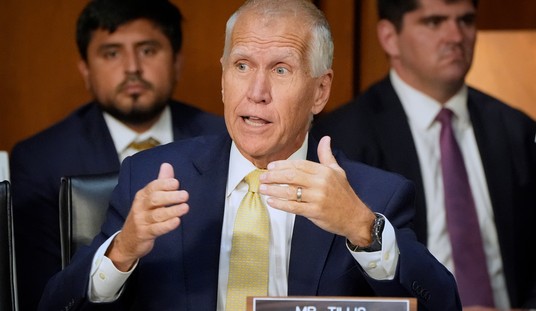If you think our markets had it bad last week, look at what happened in China on Monday:
The benchmark Shanghai Composite Index fell 8.5 percent to close at 3,209.91 points, its biggest one-day loss since an 8.8 percent decline on Feb. 27, 2007. The index is down 38 percent from its June 12 peak and just under 1 percent below its closing on Dec. 31, last year’s final trading day.
“A disastrous result for China, after working so hard to breathe life back into domestic equities after the 2007 crash and having spent hundreds of billions of dollars propping up the market since June,” said Angus Nicholson of IG Markets in a report.
Small investors have suffered heavy losses, souring many on stock ownership and threatening to disrupt Communist Party plans to use the market to raise money for reforms of state industry.
“It feels like the end of the world,” said Pan Chong, a social media specialist. He said he invested 50,000 yuan ($7,900) in April, made 40 percent and then saw the market wipe out those gains.
“The so-called correction will finally become a long-term bear market,” said Pan, 25. “So I’m considering selling all my shares as soon as possible.”
Today’s meltdown happened despite Beijing using every trick in the book, along with a few new ones, to prop up their equities. Here’s a reminder from July 7:
With 3.2 trillion US dollars stashed away in the People’s Bank of China, Beijing can afford to paper over a lot of trouble. Coincidentally, $3.2 trillion is how much money has been lost in Chinese shares over the last few weeks.
It took China decades to squirrel away $3.2 trillion. It took only three weeks for Chinese companies to lose that much value.
Of course there’s a big difference between shares and cash in the bank. The former is a relatively risky investment, meant to rise and fall in value with corporate performance and investor confidence. The latter is as sound as the US dollar — and so far, so good. But if Beijing is desperate enough to use its dollars to prop up the equities markets, they might be shocked at just how quickly they can burn through hundreds of billions of dollars, or even more.
Sharks gotta swim, bats gotta fly, bubbles gotta pop.
Our markets open in an hour — I’m afraid to look.










Join the conversation as a VIP Member